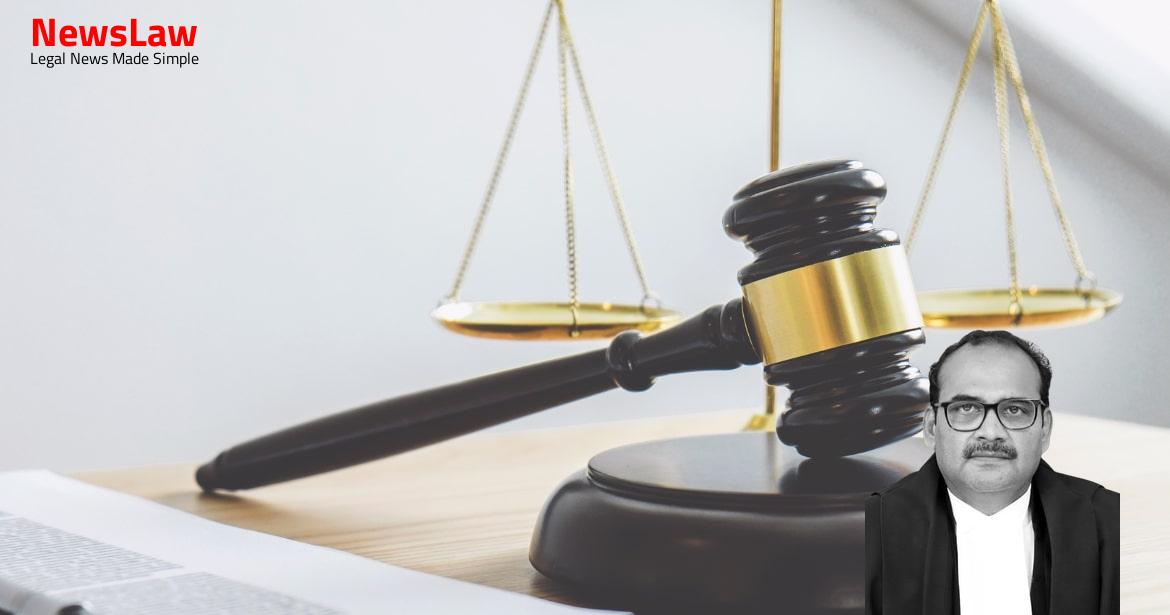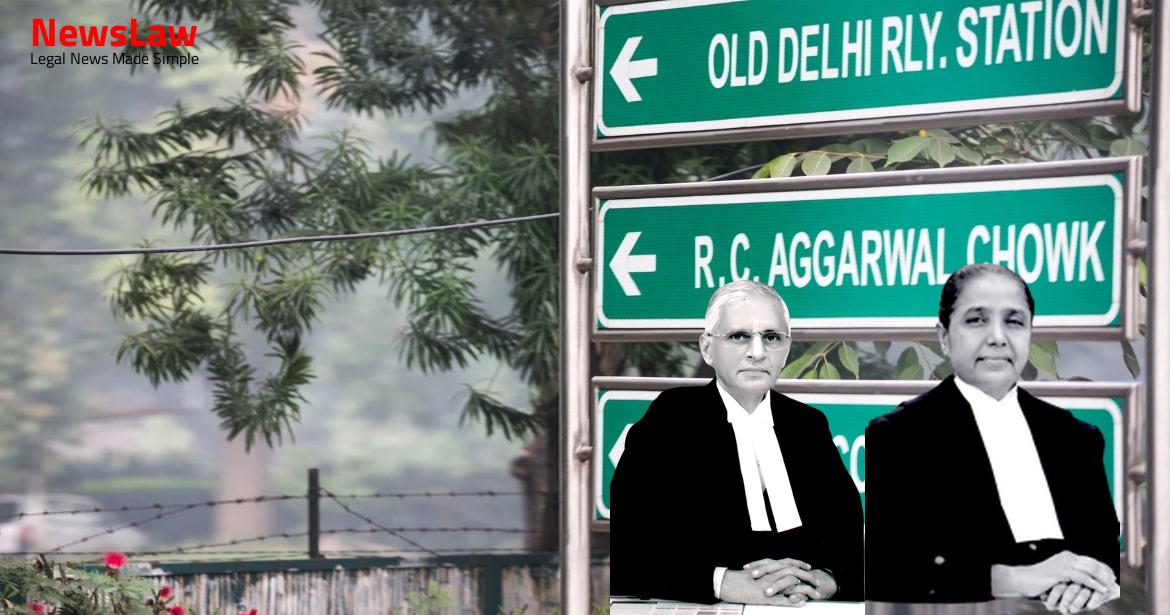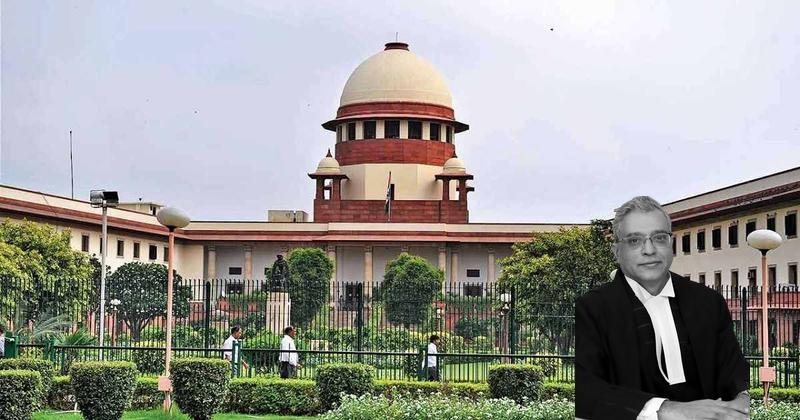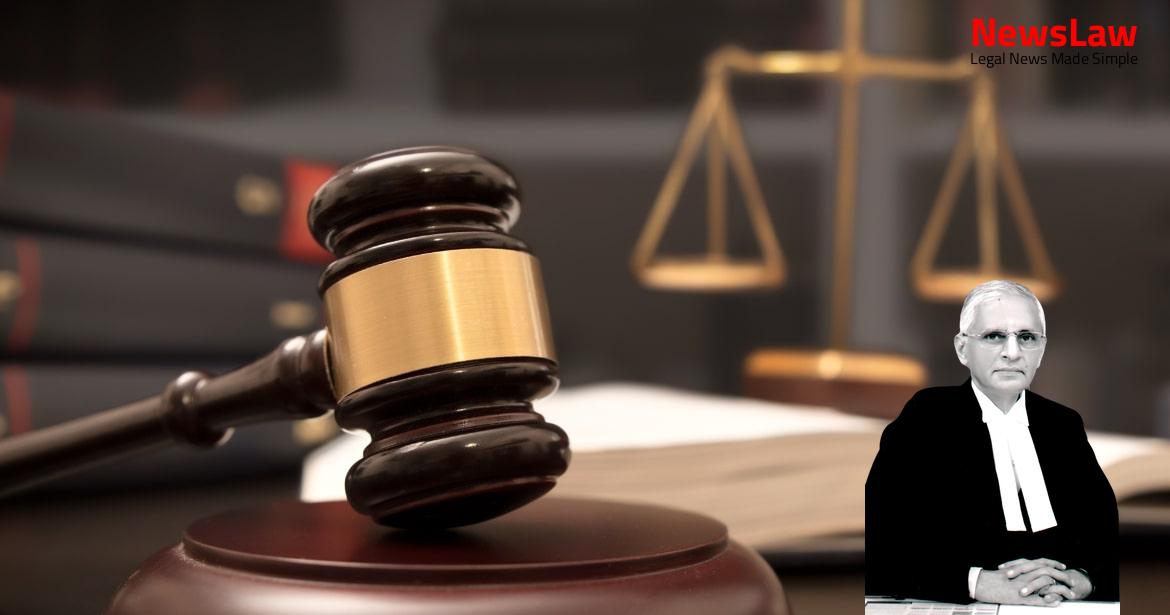In the case of Krishnadatt Awasthy vs. Madhya Pradesh Authorities, a contentious issue regarding bias in the selection committee has surfaced. The selection process, which involved the Appellants and their relationship with committee members, has raised significant concerns. The authorities’ decisions and the subsequent legal actions have brought attention to the principles of natural justice and fair selection practices. Stay tuned for more insights on this ongoing case.
Facts
- The Madhya Pradesh Panchayat Shiksha Karmis (Recruitment and Conditions of Service) Rules, 1997 were framed under specific powers.
- The definition of a ‘Shiksha Karmi’ under Rule 2(h) was provided.
- The selection of the appellants who were near relatives of the selection committee members was challenged.
- The selection process involved various assessment criteria with specific weightage for different factors.
- An appeal was filed before the Collector, District Chhatarpur raising several grounds of dispute.
- Non-selection of Smt. Archana Mishra, an aspirant, was a key contention in the appeal.
- The order of the revisional authority was challenged through a writ petition before the High Court under Article 226 of the Constitution of India.
- The appointment orders for the appellants were issued despite the ongoing disputes and relationship disclosures between the selected candidates and the selection committee members.
- The Commissioner rejected the argument that selection made in violation of the scheme can be cancelled without giving an opportunity.
- The Committee President’s relatives and those of other members were alleged to have been appointed in violation of regulations.
- 14 individuals, including the 10 appellants, were found to have been appointed in violation of Section 40(c) of the Panchayat Raj Act.
- The Revisional Authority upheld the cancellation of the 14 appointments due to violations of the Madhya Pradesh Panchayat Raj Avam Gram Swaraj Adhiniyam, 1993.
- Section 100 of the Panchayat Raj Act prohibits any member from acquiring any interest directly or indirectly in any contract or employment.
- The Collector found no necessity to summon the relatives as proof existed of their appointments being contrary to procedure.
- The appointments of the 14 candidates, including the 10 appellants, were cancelled and their appointments terminated.
- The plea of non-joinder and lack of opportunity for a hearing was dismissed due to the undue favor shown to appellants by the selection committee members, which was not denied.
Also Read: K.G. Premshanker vs Inspector of Police & Anr. Legal Case Summary
Issue
- Are the findings against the appellants by two quasi-judicial authorities, writ court and the writ appellate court, subject to interference in this appeal?
Also Read: Transfer of Investigation to CBI in the Case of Manipur Call Centre Employee’s Death
Arguments
- The relatives of the members of the selection committee have been selected, which raises concerns.
- Non-joinder of the appellants at the initial stage was not considered detrimental to the principle of natural justice by the authorities and the High Court.
- The selection and appointment made in violation of natural justice can have an impact on the selected candidates.
- The Collector and Commissioner’s orders should have been quashed as the appellants were not included as parties before the Collector, which goes against the principles of natural justice.
- It is emphasized that no adverse civil consequence should be imposed on a person without a reasonable opportunity for a hearing, as per legal precedents.
- The selection of appellants who were relatives of the selection committee members may not align with the provisions of the relevant laws.
- The learned Single Judge chose not to interfere under Article 226 of the Constitution based on established legal principles.
- The Division Bench also upheld the decision of the learned Single Judge, leading to the ongoing challenge.
- The appellants argue against the violation of natural justice and emphasize that the committee members did not influence the selection process.
- The appellants argue that even if the marks given by interested persons are excluded, they would still be selected.
- The Single Judge relied on the case of State Bank of Patiala and Others v. V.K. Sharma, (1996) 3 SCC 364, stating that interference should only occur if prejudice from lack of hearing is demonstrated.
Also Read: State vs. Deputy Director of School Education: Transfer Order Reversal
Analysis
- The analysis involves a detailed examination of the actions of the selection committee members and their relatives who were appointed.
- The members of the selection committee were aware of their relatives appearing for interviews and implemented a resolution to abstain from interviewing those candidates.
- Despite their awareness, the selection committee members participated in the selection process, resulting in about 5% of their relatives getting selected.
- The judgment under review is considered disqualified due to the bias evident in the selection process.
- The principle of bias due to the proximity of relationships was a key factor observed in the selection and appointment process.
- The argument of hindsight justification for assurance of justice and confidence in the process is discussed.
- The selection committee’s orchestrated bias in favor of their relatives was noted in the judgment analysis.
- The specific violation of the Rule 9 of the A&R Rules related to non-joinder of the appellants before the Collector is highlighted.
- The deviation from procedural provisions and bias influencing the selection process are central themes of the analysis.
- The bias influencing the appointment of relatives of the office bearers and the subsequent cancellations based on bias are key outcomes discussed.
- Members of the Panchayat can be removed from office for misconduct or if their continuation in office is against public interest.
- Misconduct includes using influence to secure employment for relatives or extending pecuniary benefits to them.
- Acquiring a personal share or interest in a contract or employment without proper permission is considered an offense.
- The definition of relatives does not include nieces, nephews, or sister-in-law’s sister.
- The Madhya Pradesh Panchayats (Appeal and Revision) Rules, 1995 provide guidelines for appeal and revision of orders.
- Acquisition of any interest in a contract or employment by a member, office bearer, or employee is strictly prohibited.
- Applications for revision should be based on points of law and not facts.
- Lord Hewart, CJ emphasized the importance of justice not only being done but also being seen to be done
- The test of ‘real likelihood’ or ‘real danger’ of bias is crucial in determining potential bias
- The principle of natural justice requires unbiased decision-makers and impartial adjudicators
- Violation of procedural or substantive provisions may not always lead to invalidity of orders unless prejudice is caused
- The doctrine of necessity can apply in judicial, quasi-judicial, and administrative matters
- Bias should be founded on prejudice that is not based on reason and influenced by self-interest
- When applying the rule of ‘audi alteram partem’, the requirement of fairness is essential for justice
- The Court must consider the totality of circumstances to determine if a fair hearing was provided
- Failure to observe the principles of natural justice does not automatically invalidate orders passed
- If no prejudice is established, the breach of natural justice may not lead to setting aside orders
- The real question in bias cases is the reasonable likelihood of bias affecting the process
- The judgment emphasizes the need for justice to be rooted in confidence and fairness
- The Court must balance public interest with the requirements of natural justice for an appropriate decision
- Principle of prejudice as established in judicial precedents is considered
- Judgment passed by the learned Single Judge, confirmed in writ appeal, setting aside appellants’ selection is upheld
- No infirmity found to warrant interference by the Court under Article 136 of the Constitution of India
Decision
- Writ appeal was carried to the Division Bench.
- Appellants continued to work during the pendency of the writ appeal.
- Special leave petitions were filed challenging the Division Bench’s order.
- Status quo was granted in the matter on 19.01.2009.
- Leave was granted on 12.05.2011 and previous orders were made absolute.
- Appeals filed by the appellants were dismissed affirming the impugned order(s).
Case Title: KRISHNADATT AWASTHY Vs. STATE OF M.P.. (2024 INSC 252)
Case Number: C.A. No.-004806-004806 / 2011



